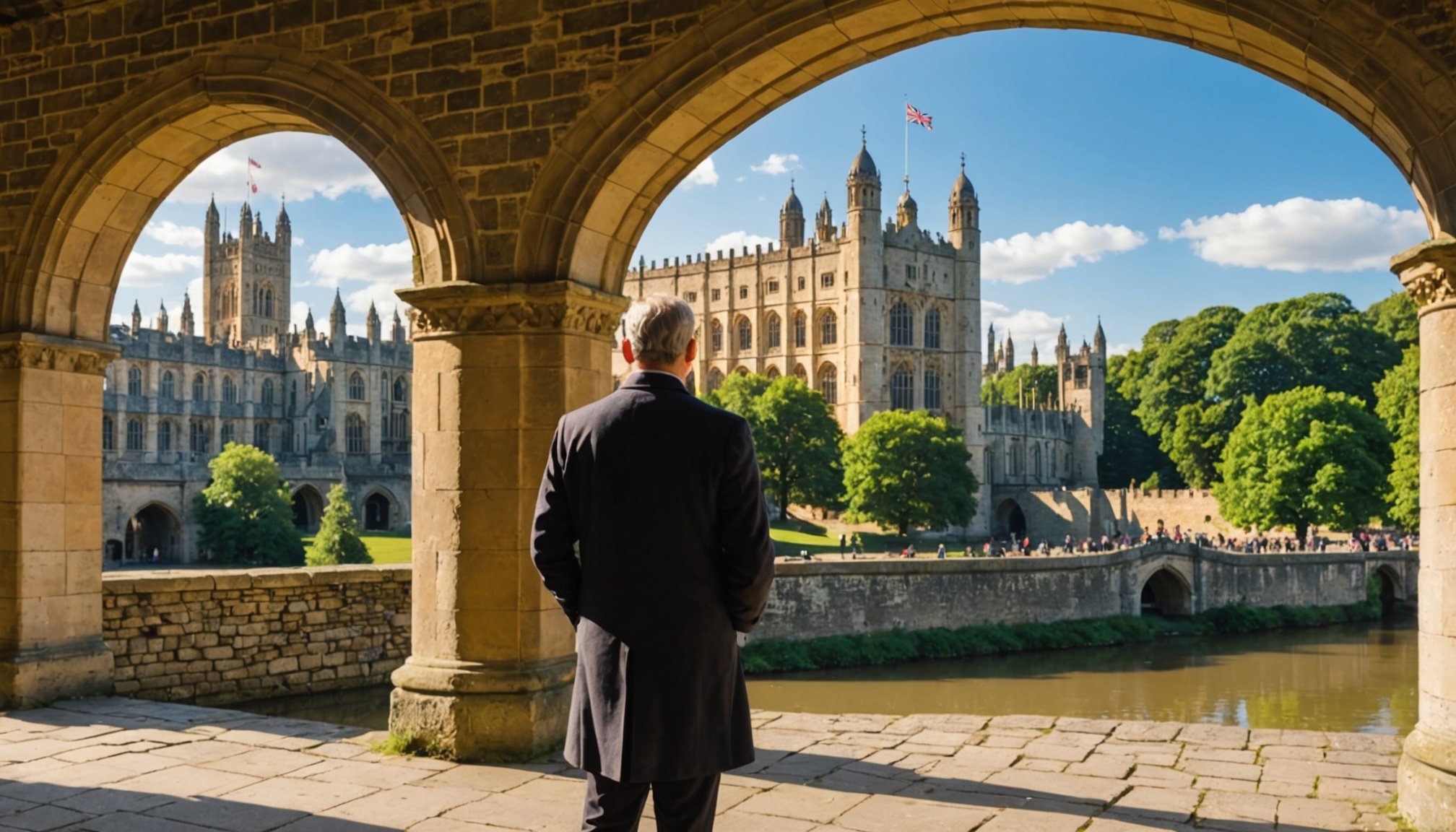The role of cultural heritage in tourism cannot be overstated, especially in a country as rich in history as the United Kingdom. From ancient castles to bustling markets, the UK’s diverse cultural landscape attracts millions of visitors each year. However, the challenge lies in ensuring that this tourism is sustainable, benefiting both the economy and the communities involved. This article explores how the UK can harness its cultural heritage to foster sustainable tourism, creating a win-win scenario for all.
Understanding the UK’s Cultural Heritage
Cultural heritage encompasses the traditions, artifacts, and practices that define a community or nation. The UK boasts a wealth of cultural heritage, ranging from UNESCO World Heritage Sites like Stonehenge and the Tower of London to local festivals celebrating regional art and music. This rich tapestry of history and culture serves not only as a backdrop for tourism but also as a vital aspect of national identity.
Also read : What measures can be taken to protect endangered species in the UK?
For travelers, the allure of the UK often lies in its historical landmarks, artistic achievements, and distinctive local customs. Whether exploring the historic streets of Bath or immersing themselves in the vibrant atmosphere of the Edinburgh Festival, visitors seek authentic experiences that connect them to the local culture.
To leverage this cultural heritage effectively, stakeholders must first identify and promote the unique aspects that set the UK apart from other destinations. By emphasizing local stories, traditions, and customs, the UK can create a narrative that resonates with tourists, encouraging them to engage more deeply with the places they visit. This engagement is crucial for fostering a sense of responsibility among tourists, who can then appreciate the importance of preserving cultural heritage for future generations.
Also read : How can technology support remote learning in primary and secondary education?
Promoting Sustainable Practices in Tourism
As tourism grows, so too do the environmental and social challenges associated with it. The UK must prioritize sustainable practices to mitigate these issues while still attracting visitors. Sustainable tourism involves minimizing the negative impacts of travel while maximizing the benefits to local communities and ecosystems.
One effective approach is to encourage eco-friendly travel options. For example, promoting the use of public transportation, cycling, and walking not only benefits the environment but also allows tourists to experience the local culture more intimately. Walking tours, for instance, provide an excellent opportunity for travelers to explore hidden gems while reducing carbon footprints.
Additionally, collaborations between local governments, businesses, and cultural institutions can create initiatives that promote sustainability. For instance, heritage sites can implement conservation programs that not only preserve their historical significance but also educate visitors about their importance. By integrating sustainability into the tourism framework, the UK can enhance the visitor experience while safeguarding its cultural heritage.
Moreover, engaging local communities in tourism development is essential. When communities feel empowered to share their culture, they often invest more in preserving it. This can lead to unique experiences for tourists, such as authentic culinary tours or craft workshops, which can be both educational and enjoyable.
Utilizing Digital Media for Promotion
In today’s digital age, leveraging technology to promote cultural heritage is imperative. The UK can utilize various digital platforms to reach broader audiences, showcasing its rich cultural heritage through engaging content.
Social media channels like Instagram, Facebook, and TikTok are ideal for sharing visually appealing content that highlights cultural landmarks and experiences. By creating compelling narratives around specific sites or events, the UK can inspire potential visitors. For instance, a short video series featuring local artisans and their crafts can spark interest and encourage travelers to visit these locations.
Additionally, virtual reality (VR) and augmented reality (AR) technologies offer innovative ways to experience cultural heritage. Imagine being able to take a virtual tour of the British Museum or explore the ruins of Hadrian’s Wall from the comfort of your home. These technologies can attract a new demographic of tech-savvy travelers who seek immersive experiences. Furthermore, they allow for educational opportunities, enabling users to learn about the UK’s history and culture before they even arrive.
Investing in these digital tools not only enhances the tourist experience but also serves as a marketing strategy that can drive sustainable tourism. Targeted online campaigns can highlight eco-friendly travel options, cultural events, and lesser-known destinations, encouraging visitors to explore beyond the typical tourist hotspots.
Engaging Local Communities in Tourism
Local communities are at the heart of any cultural heritage experience. Engaging these communities in tourism development is crucial for creating authentic and meaningful interactions between visitors and locals. When local residents are involved, tourism can flourish in a way that respects traditions and supports the economy.
One effective strategy is to empower community members to share their stories and cultural practices with visitors. For example, local artisans can offer workshops that allow tourists to learn traditional crafts. This not only provides an income for the artisans but also gives tourists a unique, hands-on experience that fosters a deeper connection to the culture.
Moreover, community-led tours can provide insights that larger tour companies may overlook. These tours can include visits to hidden gems, local eateries, and cultural festivals, showcasing the vibrancy of the community. In doing so, tourists gain a richer understanding of the local culture, and communities benefit economically from increased tourism.
Additionally, by involving local residents in decision-making processes, the UK can ensure that tourism development aligns with community values and priorities. This collaborative approach can lead to more sustainable practices and a greater commitment to preserving cultural heritage, ultimately benefiting both visitors and locals.
In conclusion, the UK has a unique opportunity to leverage its cultural heritage as a catalyst for sustainable tourism. By prioritizing community engagement, promoting sustainable practices, and utilizing digital media, the nation can create an attractive and responsible travel environment. The key lies in recognizing that cultural heritage is not just a backdrop for tourism but a vital component of the visitor experience.
As we move forward, it is crucial for all stakeholders—governments, businesses, and local communities—to work together to develop strategies that enhance both tourism and cultural preservation. For tourists, engaging with the UK’s rich heritage can lead to unforgettable experiences that foster a deeper appreciation for the culture and history of this remarkable nation. Together, we can ensure that the UK remains a vibrant, sustainable destination for generations to come.











